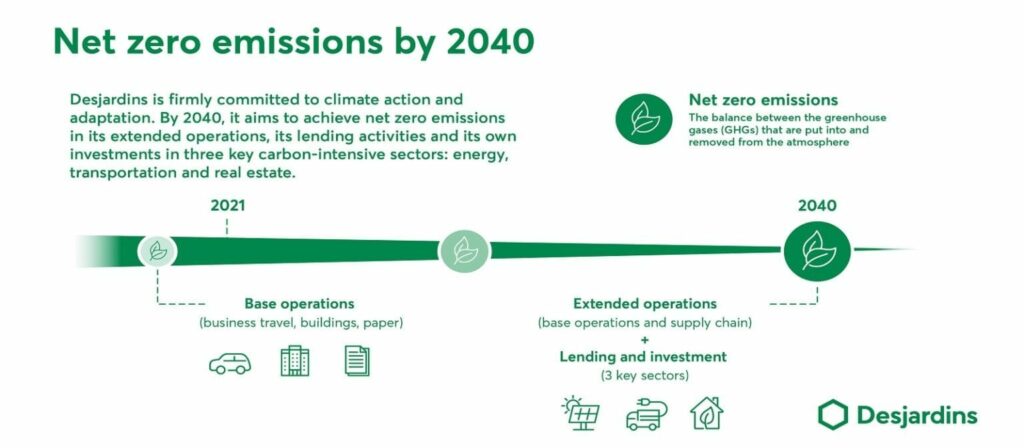The consequences of climate change are increasing in severity. “This is why climate-adaptive construction is essential, which in turn requires greater clarity on where we should and shouldn’t build,” Working Group chair Gijs Kloek (Achmea) explains. It is important to move towards more climate-adaptive agriculture too, while this applies to other economic sectors as well. Kloek: “Government policy and legal frameworks are required to accomplish this. There is a need for this not only in industry but also in the financial sector as a co-financier, investor and insurer of risks.”
Make the national ‘Benchmark’ mandatory
The Working Group believes that a good start has been made on appropriate policy via the ‘Water en Bodem sturend (water and soil in spatial planning)’ programme, ‘Nationale aanpak klimaatadaptatie gebouwde omgeving (National approach to climate adaptation in the built environment)’, ‘Tussenresultaten Kennisprogramma Zeespiegelstijging (Interim results of the rising sea levels knowledge programme)’, ‘Actieprogramma klimaatadaptatieve landbouw (Climate-adaptive agriculture action programme)’ and ‘Nationale klimaatadaptatie strategie (National Adaptation Strategy)’. Furthermore, the Working Group proposes making the ‘Maatlat groene klimaatadaptieve gebouwde omgeving (Green climate-adaptive built environment benchmark’ mandatory and incorporating the climate-adaptive repair of flood damage to homes and business premises into legislation. Insurers will then be able to assume climate-adaptive repair in their products in the event of claims.
A climate label provides insight into climate risks for homes
In addition, the Working Group advocates the introduction of a climate label for buildings. The Dutch Authority for the Financial Markets (AFM) recently argued in favour of this too. Buyers and vendors/landlords of homes would then share the same picture of the climate-related risks to homes. On top of flood risk and the risk of damage to foundations, as proposed by the AFM, the Working Group would also like to include heat stress and climate-adaptive measures here. This would give stakeholders more options for restricting risks. The Working Group would like to investigate the inclusion of an information leaflet on insurability in the label as well. Not all risks are insurable, such as soil subsidence and flooding caused by the failure of primary flood defences.
Next steps for the financial sector
The Working Group recommends that the financial sector focuses on the consequences and risks of climate change for economic sectors in sector reports and on websites. Moreover, the Working Group argues that it is important to expand the number of climate adaptation-related financial products and services for customers. There are plans to work together with central and local government in 2024 on pilot schemes for damage to foundations and climate-adaptive construction.


